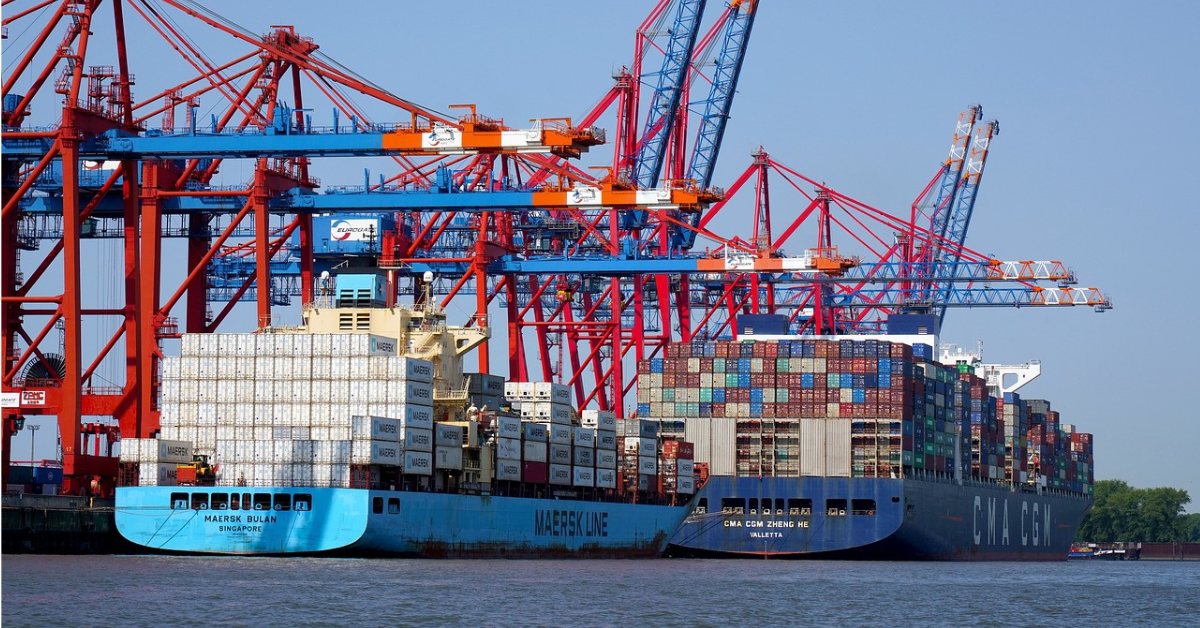Some of the world’s largest companies are turning to AI to manage complex supply chains. Geopolitical tensions and new laws are driving this trend. Unilever, Siemens, and Maersk are using AI to negotiate contracts and identify suppliers. Generative AI technology is offering more automation opportunities in supply chain management. During Covid-19 and rising geopolitical tensions, multinationals have needed to monitor their suppliers and customers closely.
New supply chain laws in countries like Germany are increasing interest and investment. Navneet Kapoor, CTO at Maersk, highlights the dramatic change with generative AI. In December, Maersk helped provide $20mn for a business utilising a ChatGPT-like bot for negotiations.
Addressing disruptions with AI
“When there is war or Covid or supply chain disruption, you need to reach out to suppliers,” says Pactum’s co-founder. Disruptions require swift actions, and human efforts are too slow for companies like Walmart. Siemens, a German industrial giant, has been reducing dependence on Chinese suppliers since 2019.
Siemens has used Scoutbee, a Berlin start-up, for services including chatbot assistance in finding suppliers. “The geopolitical aspect is a key topic for Siemens,” notes a supply chain executive at Siemens.
New solutions for finding suppliers
Unilever, the maker of Marmite and Magnums, could identify new suppliers during China’s pandemic lockdown through Scoutbee. New York start-up Altana, working with Maersk and the US border authorities, has mapped 500mn companies globally. Customers can trace products back to suppliers in Xinjiang, or track products used in Russian weapons systems.
“The only way you can work through all that raw data is with AI…”
Evan Smith, CEO of Altana
Statistics and job concerns
A recent survey by Freightos shows that 96 per cent of supply chain professionals plan to use AI. However, only 14 per cent are already doing so. Almost a third believe AI will cause significant job cuts, emphasizing concerns over job security.
This reflects the growing reliance on AI in various industries and the accompanying challenges related to workforce transition. The use of generative AI and other advanced technologies in managing supply chains is likely to be an area of continued growth and scrutiny in the coming years, given the increasingly interconnected and complex global economy.
—
To build AI products you need the right people. Speak to a PL Talents expert today to connect with top candidates in this field.

